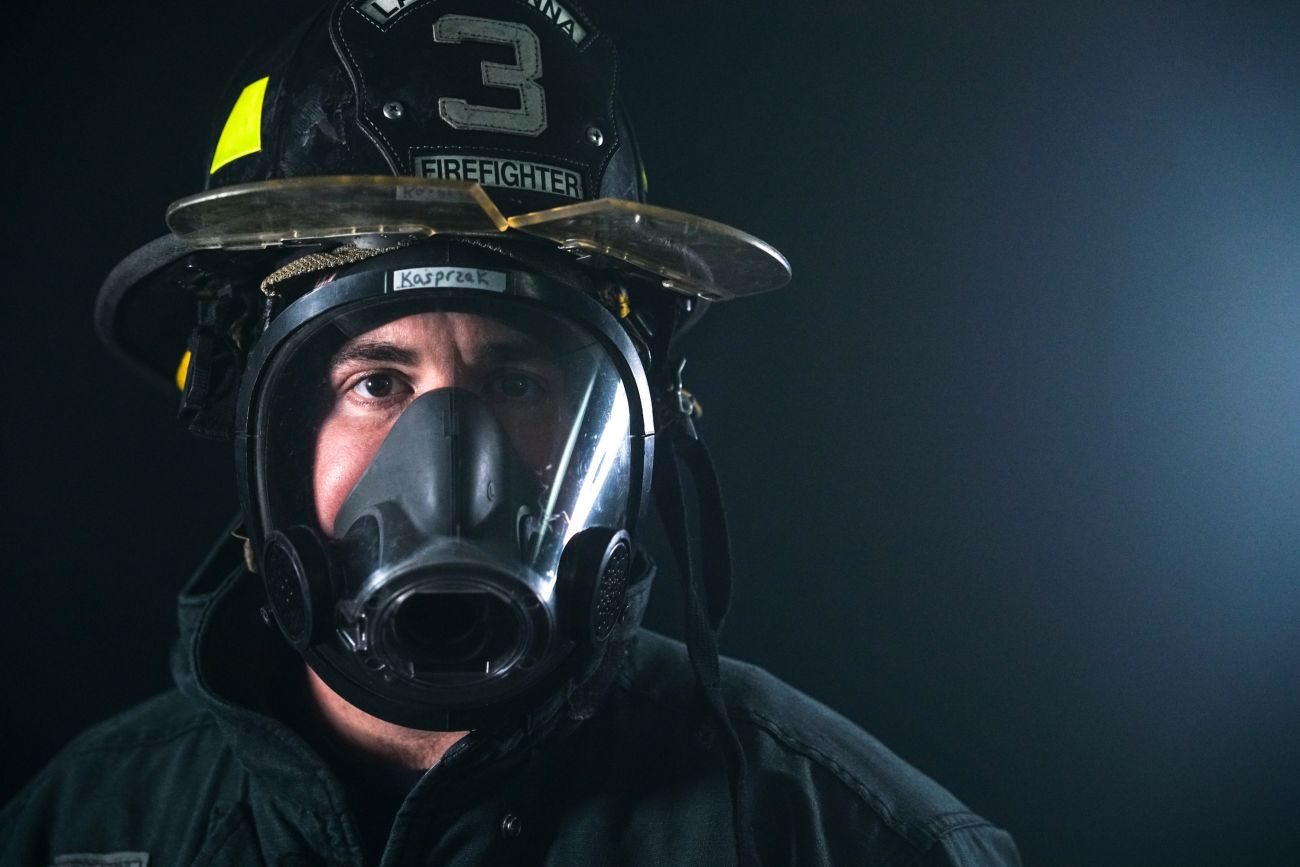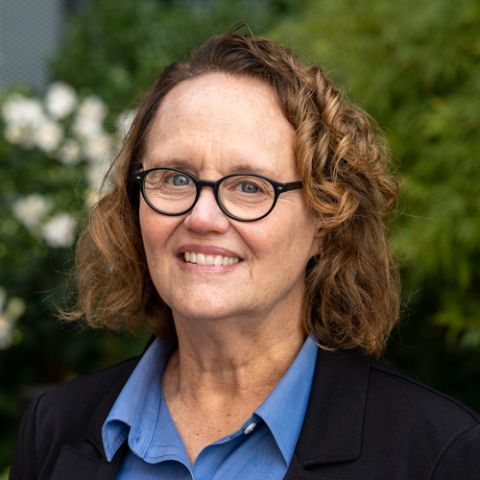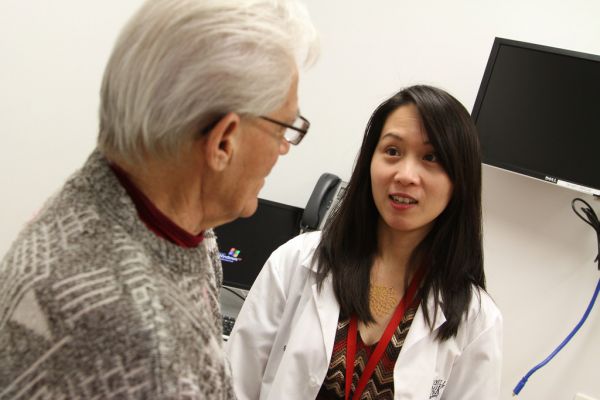This is the first in a series of Cancer Talk blogs about jobs that carry an increased risk of cancer.
April 22, 2017 — By the time the Lackawanna Fire Department reached the scene, the apartment building was ablaze. “Fire and heavy smoke were coming from the building,” recalls firefighter Nick Kasprzak. “There were people on the roof. A man had been injured jumping out of the window with his daughter and infant child. The man said his wife and son were still in the apartment.”
Kasprzak and other members of his team rushed into the building. “The fire in the apartment had been extinguished, but it was smoke-filled,” he says. “We found the woman first. Then I heard a noise and went to it, and it was the boy. I grabbed him and got him out as fast as possible.”
When firefighters come to the rescue, they put their own lives in danger — and fire, explosions and collapsing structures aren’t the only dangers they face. Exposure to smoke, chemicals, and fumes from diesel fires puts them at greater-than-average risk for many types of cancer.
Never miss another Cancer Talk blog!
Sign up to receive our monthly Cancer Talk e-newsletter.
Chemical hazards all around
Kasprzak learned about that risk during his training five years ago. Since then, he’s been involved in “the whole gamut, from garage fires to the Bethlehem steel plant fire [in Buffalo] last November.” The burning materials he encounters “are not the typical cloth and wood of yesterday’s homes. It’s all synthetic — polyesters and petroleum-based products. There’s a great risk, and it’s ever-increasing.”
“Firefighters get exposed to a lot of volatile, heavy metals,” says Mary Reid, MSPH, PhD, Director of Cancer Screening and Survivorship at Roswell Park Comprehensive Cancer Center. “Things like asbestos get burned in those old houses. When they’re running into a fire in a house or an old factory or deserted storage building, they don’t know what’s in there, and that’s where a lot of the risk comes in.”
Even if they use a mask and other protective gear, they aren’t fully protected, says Dr. Reid. “Their lungs still exhibit an inflammatory state when they run into a fire.” Residue also collects on their gear, which has to be washed off after every fire, and the same residue can get under the gear and onto their skin.
While lung cancer might seem the most obvious risk from working in smoky environments, it’s not the only one, Dr. Reid points out. “Firefighters have an increased risk of kidney cancer, for example — that’s one of the early ones to emerge, because everything’s filtered through the kidneys — and some of the liquid tumors [leukemia, lymphoma, multiple myeloma].” They’re also at risk for cancers of the brain, stomach, esophagus, bladder, colon, rectum, prostate, and testes.
Reducing risk through prevention & early detection
The dangers they face don’t deter dedicated firefighters like Kasprzak. “You keep in the back of your mind that there’s a risk,” he says, “but it’s the risk you sign up for.”
But Dr. Reid wants firefighters to know that there are ways to reduce that risk. She has presented programs at firehouses throughout Buffalo to educate firefighters about screening that can catch cancer in the early stages, when it’s most treatable. She directs Roswell Park’s High-Risk Lung Cancer Screening Program, established in 1998, which uses methods that can significantly decrease lung cancer deaths in the people screened.
If you’re a firefighter, please take time to read the health tips below. You keep us safe. We want to keep you safe, too.
Dr. Reid’s health recommendations for firefighters
Tell your primary care provider that you have been a firefighter for X number of years.
“That clues your provider that if you have a cough and breathing difficulties, it might not be due to a lung infection — you could be at risk for lung cancer.”
Get an annual physical from your primary care physician.
The exam should include:
- A respiratory test to detect changes in your lung fuction, which can be an early sign of lung cancer
- Blood tests to detect any early-stage blood cancers (leukemia, for example) or changes in kidney function
Pay attention to changes in your body.
“Know the warning signs that indicate something is wrong, and don’t ignore them,” says Dr. Reid. Those may include:
- Changes in how you breathe
- Coughing up blood
- A change in your urinary habits, especially blood in your urine
- Unusual fatigue
- Any pain that doesn’t go away. And with lung cancer, the pain “is not going to be in your lung,” she cautions.
Find out if you’re eligible for Roswell Park’s lung cancer screening program.
Roswell Park is a Lung Cancer Alliance Screening Center of Excellence.
Don’t smoke.
“It just adds to your risk of disease,” says Dr. Reid. Need help quitting? Visit www.nysmokefree.com.



